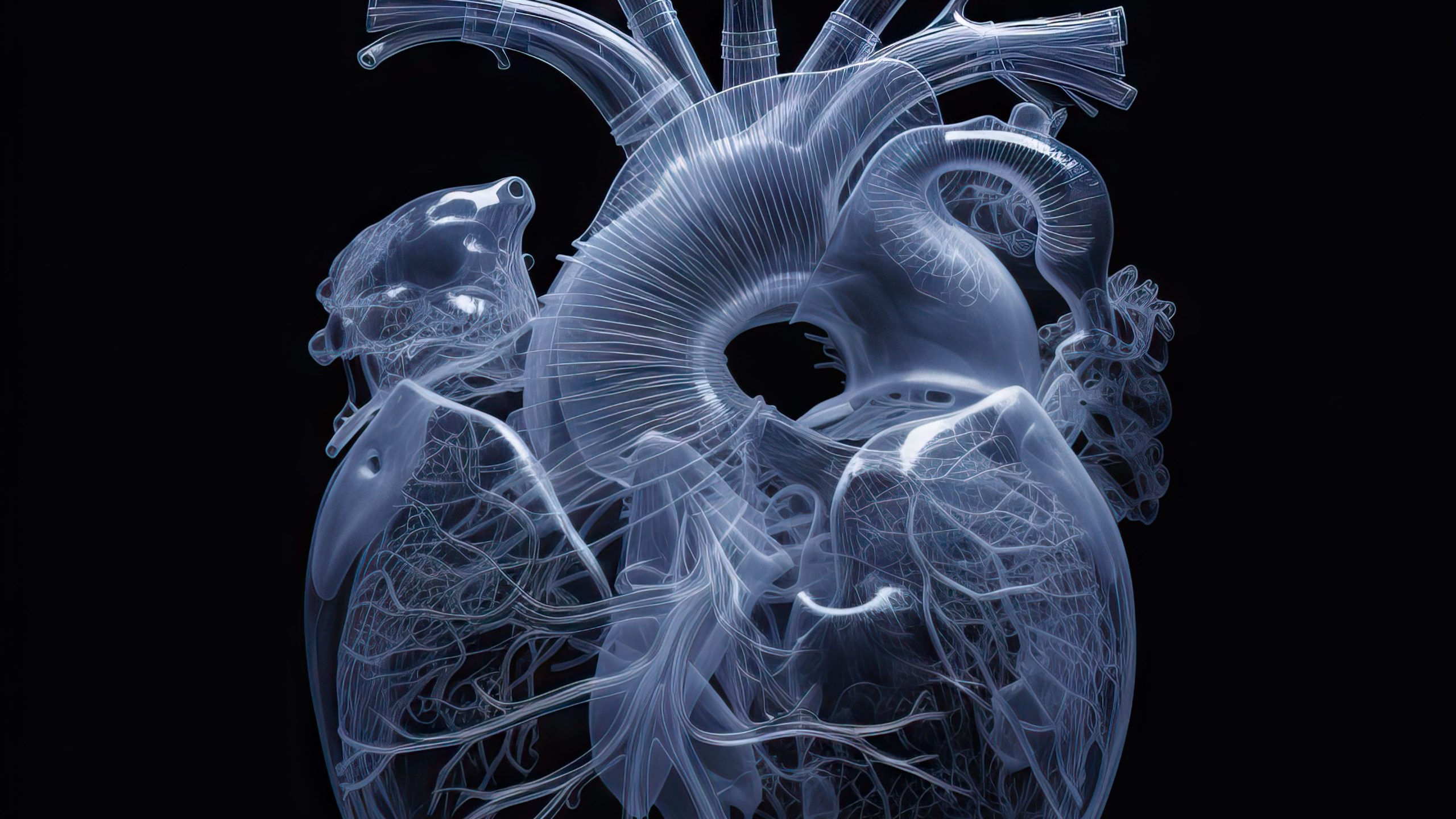What to Expect and How to Prepare for an Electrophysiology Procedure For Your Heart

Electrophysiology studies are common in cardiac care, but they’re not necessarily common to the average person. Also known as an EP, this is a detailed study that looks at the heart’s electrical activity. These studies are usually ordered by doctors when there is a problem with how a person’s heart works.
This can tell doctors what is wrong and where it’s happening so that they can assess the situation to determine a diagnosis and the appropriate treatment plan. Sometimes, an EP procedure is performed to see how well medications or treatments are working. Essentially, the goal is to get more information.
If you’re a first-timer and curious about what to expect, read on to learn more.
How Do You Prepare a Patient for an Electrophysiology Study?
Preparing for an electrophysiology study involves a few different steps. Let’s look at each element separately to help you better prepare for electrophysiology.
The Basics of EP Preparation
- Plan to have someone drive you to and from your electrophysiology test because you’ll have to wait 24 hours afterward until you can drive again.
- If you have questions, ask your healthcare provider ahead of time.
- Discuss allergies, current medications, and other concerns with your doctor, as well.
- Wear comfortable clothing and nothing extra. Leave all jewelry and valuables at home. Makeup and nail polish also need to be removed.
Medication Adjustments Before Your Electrophysiology Study
- Ask your doctor if you should stop taking any medications before your EP study and when you should stop before the procedure.
- If you suffer from diabetes, ask your doctor about adjusting your diabetes medications and care during this time.
- Don’t stop or start any medications without consulting your doctor.
Eating and Drinking
- You should eat a normal meal the night before your electrophysiology test.
- Don’t eat or drink anything, or even chew gum or mints, after midnight.
- If medications are necessary, use the least amount of water possible.
- Don’t swallow water or toothpaste when you brush your teeth.
Following these guidelines and your doctor’s advice will ensure that you are ready for your electrophysiology study and that you don’t have to reschedule.
How Long Does an EP Procedure Take?
An EP procedure generally takes one to four (1-4) hours. During the electrophysiology study, you’re given medication via IV that helps relax you and keep you drowsy so you don’t get anxious. You will lie down in a bed, and they will start an IV line in your arm that they will use to administer fluids and medications.
Then, they will shave any areas necessary and clean them with antiseptic. Sterile drapes will cover you from top to bottom, and they will likely put a strap across your arms and waist to prevent you from reaching the sterile area. Using several monitors, they can keep tabs on your vitals and abnormal heart rhythm.
The Doctor Will:
- Numb the neck, groin, or arm area, and then insert several catheters into a vein in the area.
- Use a fluoroscopy machine to guide the catheters into the heart.
- Record the heart’s electrical activity and monitor the results.
- Deliberately shock the heart with a pacemaker to increase the heart rate.
- Use ablation to damage any abnormal connections that are causing irregular signals.
You may feel some pressure, but you shouldn’t feel any pain. Let them know if you’re feeling any unusual symptoms or extreme discomfort, but that’s a fairly rare occurrence.
How Long Does It Take to Recover from an EP Study?
Recovering from an EP study is about giving your heart time to recuperate from the stress it was under during the procedure. Usually, patients will stay in bed for one to three hours after the cardiac electrophysiology test is complete. Then, they will be sent home with a small dressing covering the incision area.
The next day, the dressing can be removed. Some patients may need to stay in the hospital if the procedure indicates serious issues. Otherwise, you should be able to take medications, eat within four to six hours, and get back to your normal routine the next day.
Final Thoughts
With electrophysiology procedures and other cardiac care, most fear comes from a lack of knowledge. Understanding a procedure before you have it done can save you a lot of stress and anxiety. As you can see, an EP study is a fairly painless, routine procedure, so it’s not really anything of great concern. Being prepared for the procedures will help you immensely.


